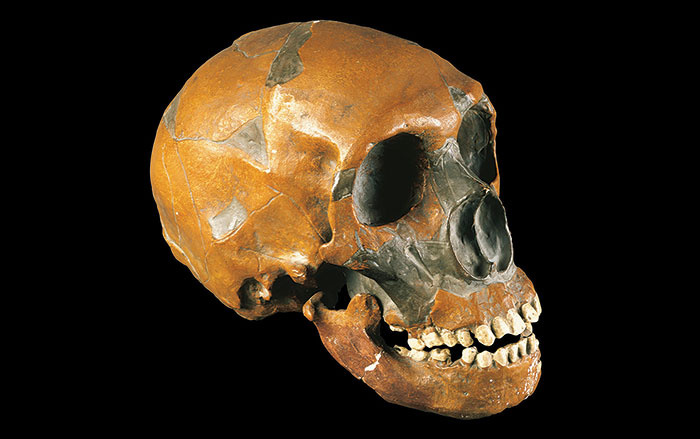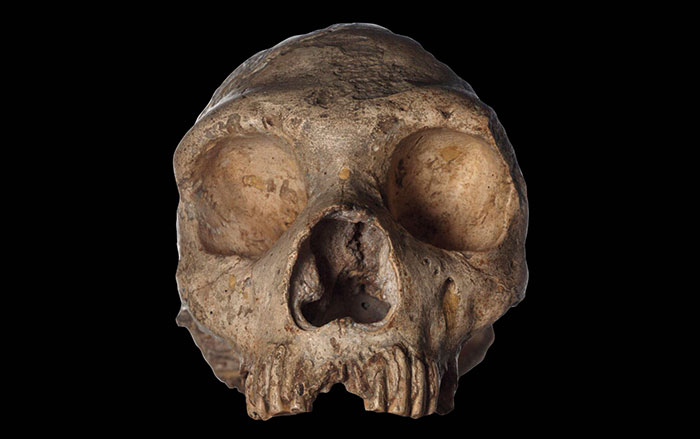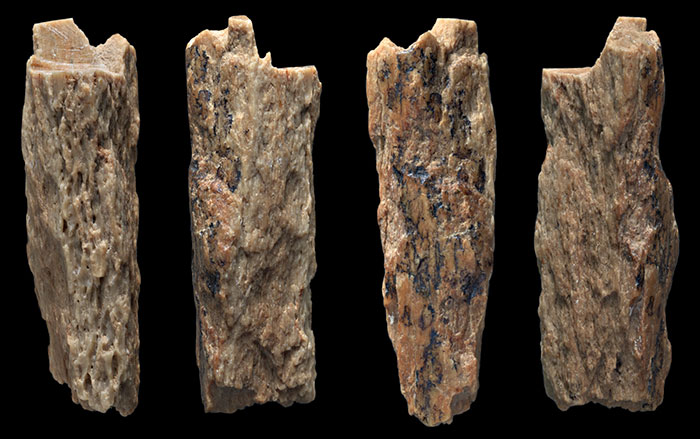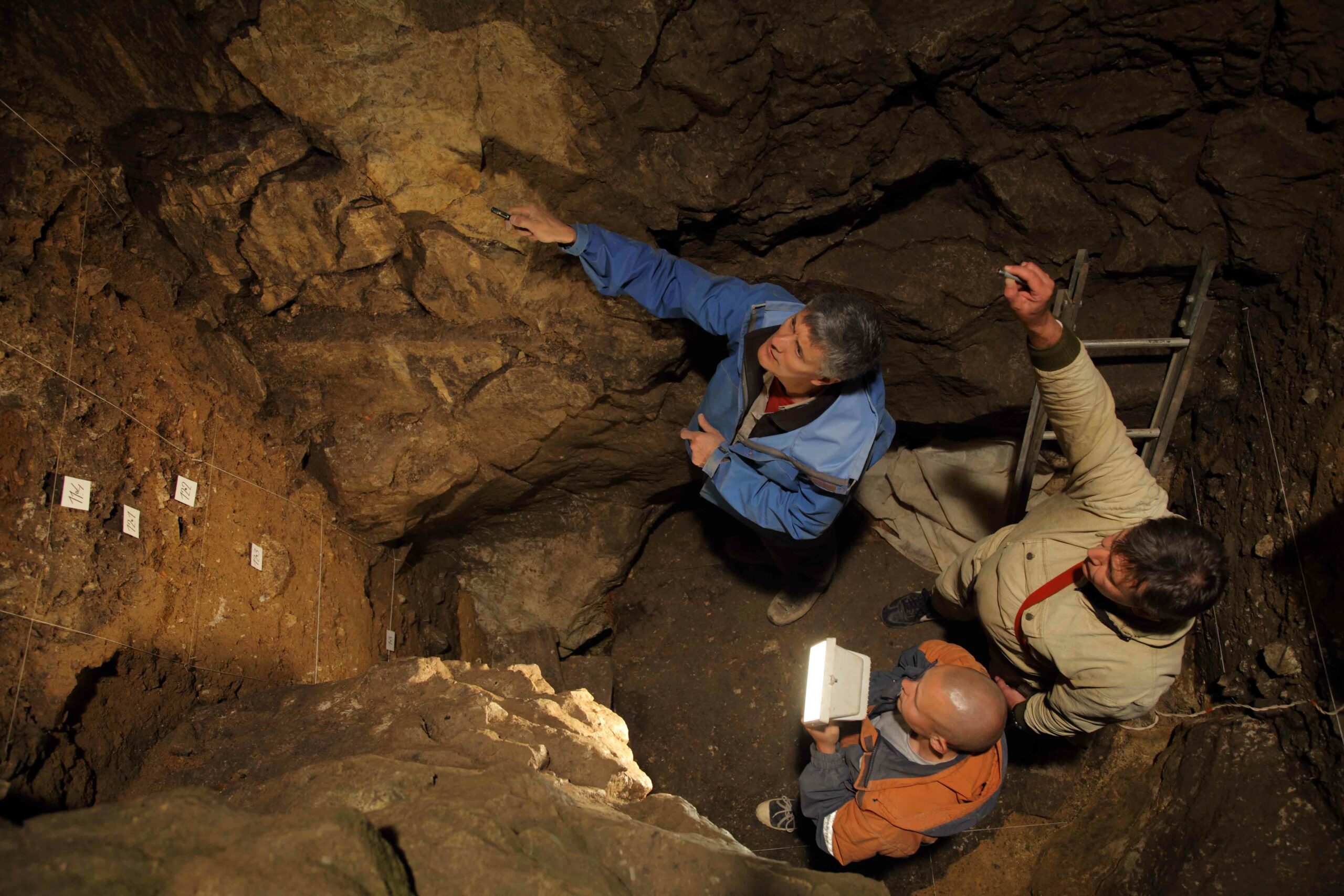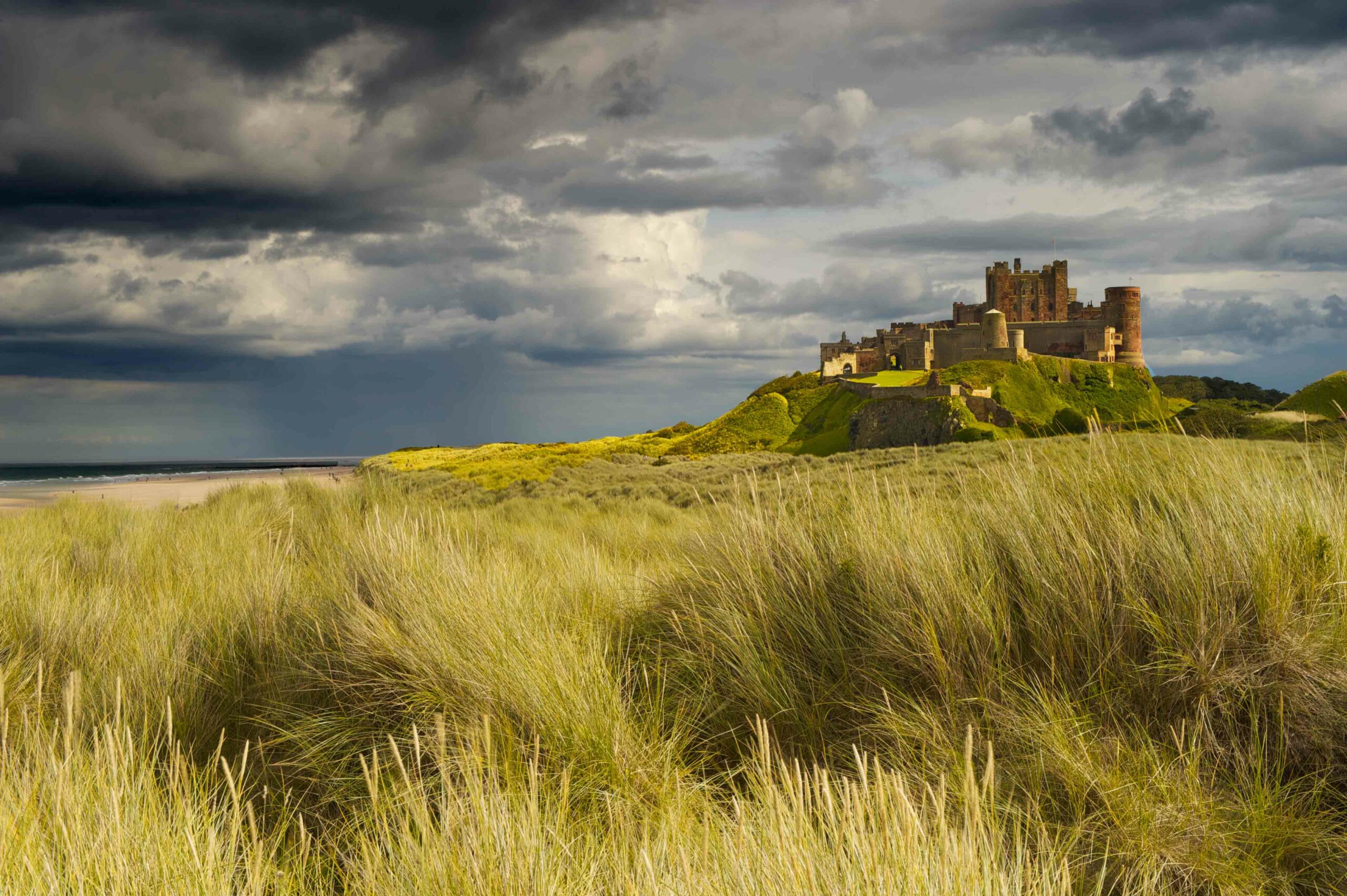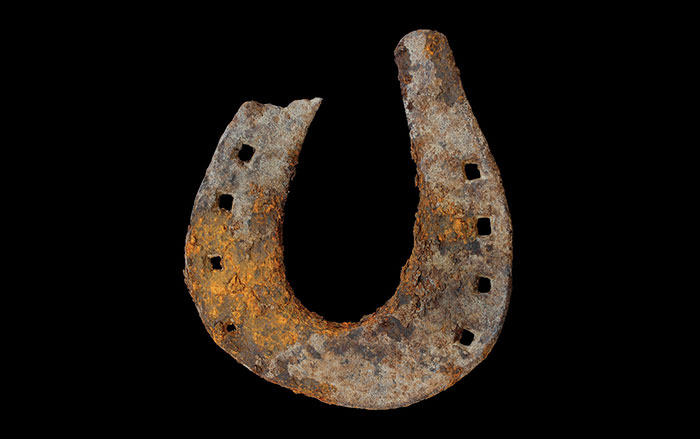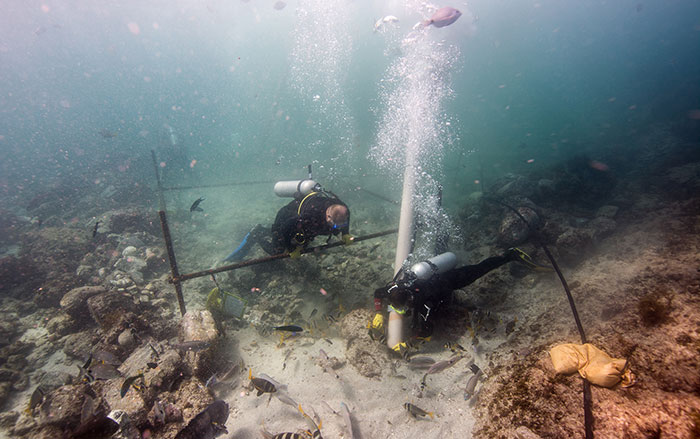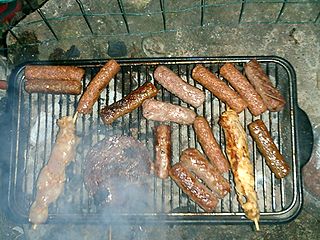
UNIVERSITY PARK, PENNSYLVANIA—Gary Perdew of Pennsylvania State University and his team examined the genomes of three Neanderthals, a Denisovan, a modern human who lived some 45,000 years ago, and living people, and found that all of the modern humans carried a mutation that helps regulate the body’s response to some of the carcinogens in wood smoke and charred meat. The other hominins did not have the mutation. As a result, they may have been more susceptible to lung infections and other toxic effects of wood smoke while eating cooked food and using fire for light, warmth, and protection from predators. “We prospered because of this mutation,” Perdew said in a report in The Guardian. “I wouldn’t say Neanderthals died out because of it, but it could have been a contributing factor.” However, some researchers caution that scientists are not able to observe the reactions of extinct hominins sitting around a fire. “The problem is it’s really difficult to test,” explained David Wright of Seoul National University and the University of York. For more, go to "Catching Fire and Keeping It."


